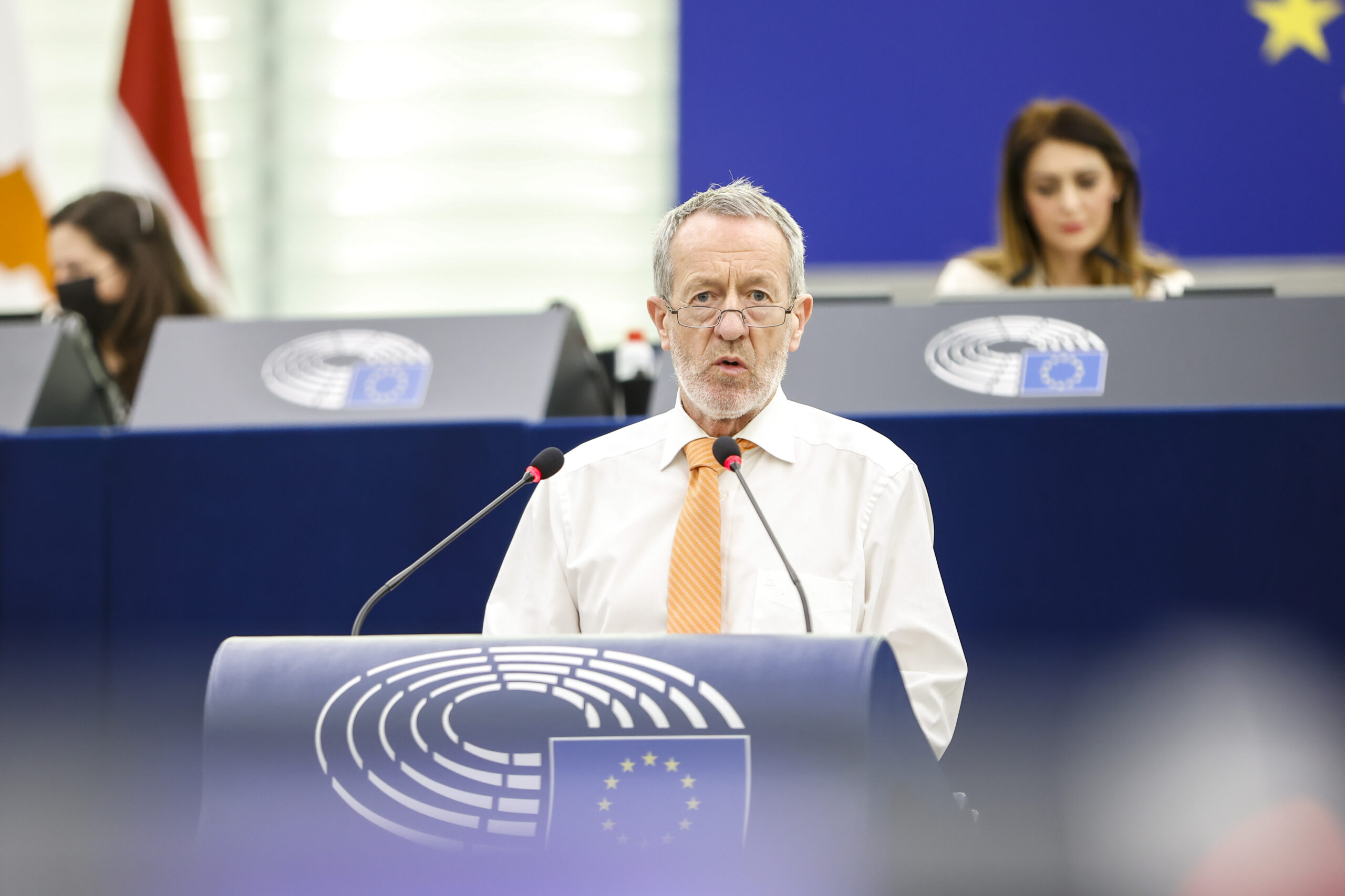Published: Wed, 26 October 2022
Share this

Seán Kelly MEP and lead negotiator for the European Parliament’s Industry and Energy Committee on Sustainable Carbon Cycles has welcomed today’s overwhelming vote in favour of his opinion. 43 MEPs voted in favour, 11 against, with 5 abstentions, of his review of proposals to reduce negative carbon emissions, which form part of the EU’s plan to achieve climate neutrality by 2050. In authoring the Committee’s opinion, the Ireland South MEP called for greater incentives to ensure industry delivers on climate goals, while retaining competitiveness, and for an EU Strategy on carbon capture and storage to be finalised by the end of 2023.
Reducing negative carbon emissions from forests, agricultural practices while increasing innovative technical solutions will help reduce the concentration of CO2 in the atmosphere and stabilise the world’s temperature increase, according to MEP Kelly:
“Today’s vote sends a strong signal to industry on the importance of reducing emissions while maintaining competitiveness. I have outlined the Industry and Energy Committee’s view of new EU proposals for sustainable carbon cycles, setting out a plan of action for the development of sustainable solutions for carbon removals.
“Such actions will require specific support for carbon capture, utilisation and storage (CCUS) over the coming years. However, I would note that while storage and utilisation technologies will be extremely important for many industries, this must go hand-in-hand with emission reduction of production procedures too. Heavy industry knows it has a major role to play in ensuring we reach climate neutrality, but we must set rules the right market rules to incentivise practice and use of technologies that will decarbonise their activities. Otherwise, not only do we risk not reaching our climate targets, but also we could go about reducing emissions in a way that has a direct correlation to loss of competitiveness as well as carbon leakage”, Kelly warned.
“Europe should be a leader in this field, but this will require a competitive CCUS market with financial incentives that support commercial deployment. With this in mind, my report calls for an EU Strategy for carbon capture and storage to be completed by the end of 2023.”
“This strategy should include a comprehensive plan with targets to ensure the deployment of these technologies in the timeframe required for the decarbonisation of Europe. We should also include support for CO₂ transport and storage networks and infrastructures in the EU, connecting industrial emitters with CO₂ storage capacity, in order to achieve decarbonisation of hard-to-abate sectors.”
In its Sustainable Carbon Cycle Communication, the European Commission will propose a regulatory EU framework for the certification of carbon removals by the end of 2022.
“The certification framework is envisaged to ensure the transparent identification of carbon farming and industrial solutions that remove carbon from the atmosphere. I believe this should clearly differentiate between short-cycle removal and long-term removal and that the future establishment of a market for carbon certificates. There is huge potential for carbon farming in Ireland, which can play a big role in the sector’s decarbonisation while offering new income opportunities for farmers. This of course will require the right regulatory framework and incentives to implement”, Kelly concluded.